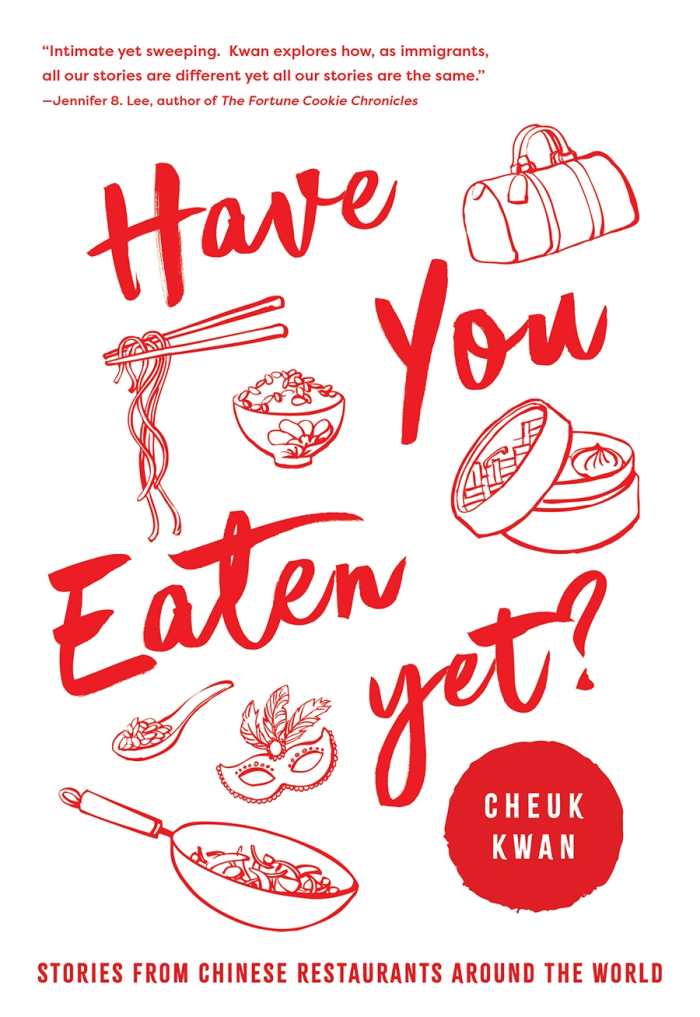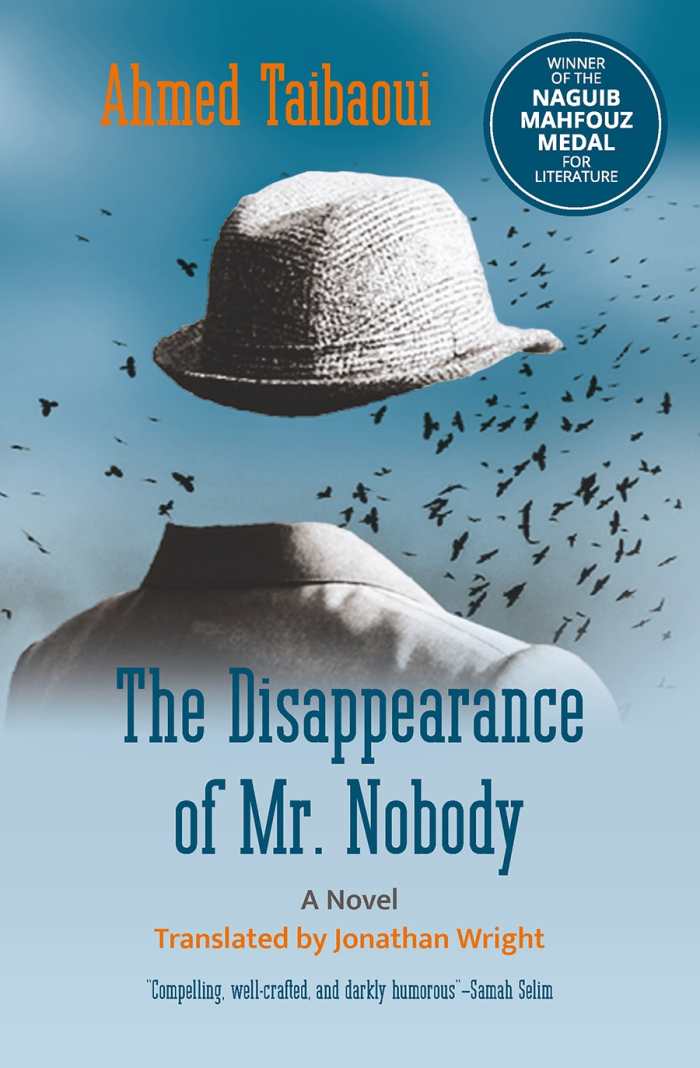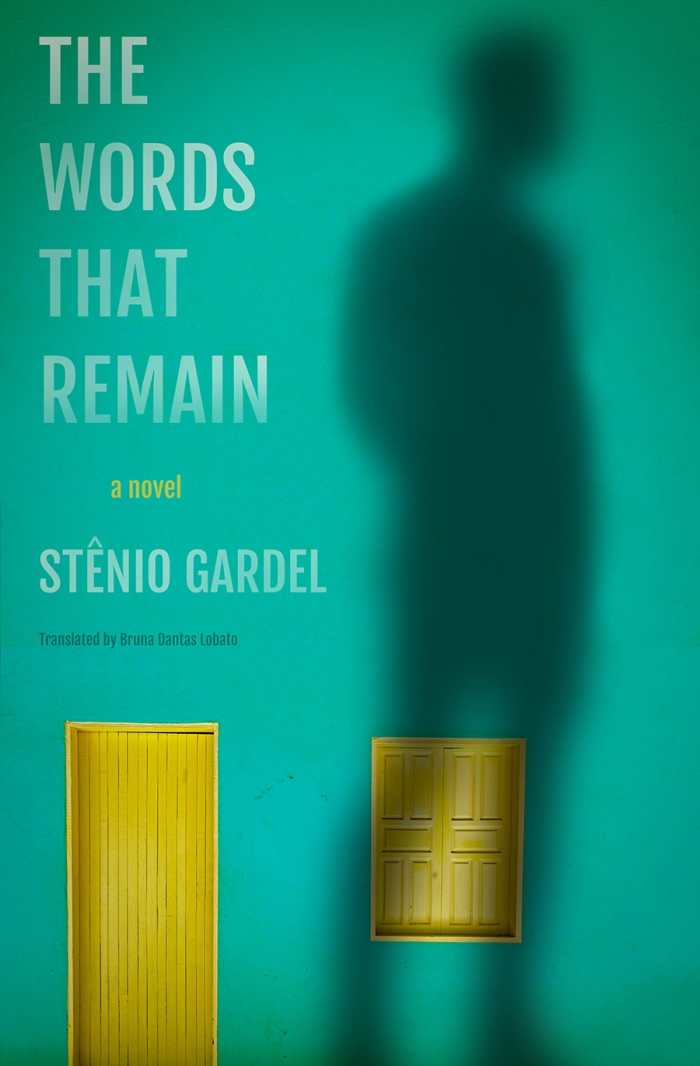Book of the Day Roundup: January 9-13, 2023
Finding Elevation
Fear and Courage on the World’s Most Dangerous Mountain

Lisa Thompson
Girl Friday Books
Hardcover $25.95 (244pp)
978-1-954854-67-3
Buy: Local Bookstore (Bookshop), Amazon
Lisa Thompson’s memoir Finding Elevation is an exhilarating and harrowing chronicle of mountain climbing. Compelled at first by “blind ambition,” Thompson’s climbs ranged from Seattle’s Mount Rainier to treacherous K2, high above the Pakistan-China border.
Raised in a small Illinois town, Thompson had a stressful childhood and adolescence; though she was close to her father, he struggled with alcoholism, and her parents divorced. After college, Thompson worked in engineering. Following the end of her own troubled marriage, along with a breast cancer diagnosis and mastectomy, she began a more serious pursuit of mountain climbing as a personal quest and a reassertion of her survival.
Thompson describes each climbing venture in detail, contrasting the meticulous planning involved to the unparalleled natural beauty she encountered along the way. There are wonderful memories here, as of Nepalese children cheering Mount Manaslu climbers on, and harrowing ones, as with K2’s terrifying tremors. The book also covers financial considerations, including taking time off from work, acquiring necessary yet expensive gear, and managing often-prohibitive travel costs.
Because mountain climbing is still dominated by men, Thompson reached the top of Mount Everest in 2016 as the only woman in her crew. While she did encounter occasional arrogance and “bro vibes,” she also notes the team’s general camaraderie—important because, beyond weather conditions and a climber’s individual stamina, a faulty rope, ice, or falling rocks can result in serious accidents or death. Thompson’s intense drive pushed her through fearful uncertainty and the imparted concerns of family and friends, like her sister’s nervous plea: “don’t die.”
The second American woman to reach K2’s “savage mountain” peak, Thompson now mentors and coaches other climbers. Conveying heartfelt emotions, suspense, and triumphs, her climber’s memoir Finding Elevation is an upward journey of body and mind.
MEG NOLA (December 27, 2022)
Marky the MAGNIFICENT Fairy

Cynthia Kern OBrien
Jeff Yesh, illustrator
Story Monsters Press
Softcover $15.95 (36pp)
978-1-58985-015-6
Buy: Local Bookstore (Bookshop), Amazon
Pastel backgrounds contrast with the flaming red hair and striped socks of a fairy named Marky in this heartwarming book geared toward helping children better understand and accept people with disabilities. Marky is magnificent in many ways, but that doesn’t stop some of the woodland creatures from teasing her about her “exceptional qualities”—the book’s verbiage for disabilities. With an awareness of both invisible and visible disabilities, Marky reminds us that we are all more alike than different.
DANIELLE BALLANTYNE (December 27, 2022)
Have You Eaten Yet?
Stories from Chinese Restaurants around the World

Cheuk Kwan
Pegasus Books
Hardcover $27.95 (288pp)
978-1-63936-334-6
Buy: Amazon
The Chinese diaspora meets culinary ingenuity in Have You Eaten Yet?, Cheuk Kwan’s robust food travelogue and social history of Chinese restaurants.
Kwan, whose documentary Chinese Restaurants spanned five continents, revisits the “cultural outposts of brave sojourners.” Accompanied by his cinematographer and others, he gathers poignant sketches of individuals whose stories are tied by emigration and hope. Kwan’s background as an Asian man in Canada contributes to his keen reflections on the ubiquity of Chinese culture, assimilation, and eateries—as well as on the humble savvy of those who run such restaurants.
The book begins in a Saskatchewan café in a town whose history lessons often gloss over the contributions of Chinese railway workers. Later, at a Haifa restaurant, considerations about refugees converge with the reality that, for many older generations, Chinese roots make it easier to claim multiple nationalities. In Trinidad, Kwan raves about the dishes in a Great Wall restaurant and at a carnival, unfurling the story of a family business. Other entries examine hybrid cuisines, as with an entrepreneurial Hakka woman’s rendition of fish in Mauritius; the use of Chinese restaurants as community centers; and, in subtler ways, the losses invoked by people’s sacrifices and grueling restaurant work, undertaken for their children’s sake.
Flavorful descriptions of foods mix with adventuresome travel mishaps. Less-remembered history surrounding the Ming dynasty’s venturing into Africa, and how Chinese people fared under apartheid, enrich the book, while sprinklings of film references are hip, atmospheric flourishes. Here, traveling encompasses word-of-mouth scouting for film locations from the Amazon to Norway, but also lessons in ethnography. The stories of women in particular are resounding, encompassing both vulnerability and stalwart resolve.
Have You Eaten Yet? is a fascinating, inquisitive global search for Chinese tastes that evoke home in any corner of the world.
KAREN RIGBY (December 27, 2022)
The Disappearance of Mr. Nobody

Ahmed Taibaoui
Jonathan Wright, translator
Hoopoe
Softcover $16.95 (152pp)
978-1-64903-214-0
Buy: Local Bookstore (Bookshop), Amazon
Ahmed Taibaoui’s literary novel The Disappearance of Mr. Nobody is about the crime and poverty-ridden underside of Algeria.
The novel is split into two parts. Its first half follows an unnamed, impoverished, reclusive man, Mr. Nobody, who cares for his friend Mourad’s dying father. One day, when the father’s death looks imminent, Mr. Nobody disappears, forcing many in the community to critique the life he led, as well as his existence. The second half of the story follows Rafik, a detective tasked with locating Mr. Nobody because of his potential role in Mourad’s father’s death. Where the first section’s prose takes the confessional tone of diary entries, where Mr. Nobody reveals his deepest desires and fears, the second act is structured like a crime novel.
Close reading of the text is rewarded, as much of the action occurs between the lines. A minor character commits suicide and one is murdered, both occurring without explicit explanation. However, sections that relate the story to Mr. Nobody provide the crucial motives for their demises. And the patriarchal, degenerate sides of society and religion are exposed, along with calls to fix both. This is captured in a scene where Mr. Nobody rents a room to an imam who’s wanting to perform an exorcism only to find him having an extramarital affair, which Mr. Nobody denounces. Men take advantage of the weak for personal gain throughout.
The book’s translation is close, with words like “schoolmarm” and “carouser” arising; a phrase about being poor comes out as “I’m as broke as a gambler who’s lost his shirt.” Some terms, as with the café owner’s name (Mubarak, meaning “happy”), are left untranslated.
The Disappearance of Mr. Nobody is a thought-provoking novel in which human nature is explored through the Algerian working class.
GEORGE HAJJAR (December 27, 2022)
The Words That Remain

Stênio Gardel
Bruna Dantas Lobato, translator
New Vessel Press
Softcover $16.95 (160pp)
978-1-954404-12-0
Buy: Local Bookstore (Bookshop), Amazon
Stênio Gardel’s slim novel The Words That Remain includes fragments of sentences, memories, and moments, recounted by an aging, illiterate gay man whose struggle for self-acceptance leads him from self-hatred to finding a chosen family.
Raimundo’s first love, Cicero, wrote him a letter when they were both seventeen and living in rural Brazil. They planned to escape to the city to live and love each other openly, but Cicero abandoned Raimundo on the day of their escape, leaving the letter instead. Beaten by his father and forced to leave home, Raimundo’s next few decades were spent doing manual labor with occasional excursions to have sex with men. In all that time, he never read the letter.
The narrative is not linear, but dips in and out of periods in Raimundo’s life with a focus on his time with Cicero, his years working on the trucks, his chosen family late in life, and his present-day life, with time spent learning to read and write. Because the timeline skips around, there is an impermanent and voyeuristic quality, as if looking at a photo album of Raimundo’s life while he narrates. The sentences run on, with phrases, pieces of conversations, and clauses piling on top of one another, separated only by commas. This style replicates the fuzziness of memories while conveying highlights in action and conversation. In the end, the years that passed allow Raimundo to arrive at the point where he can read and respond to the letter, though its value has changed.
An LGBTQ+ novel from Brazil, The Words That Remain is about the damage that brutality, illiteracy, and widespread homophobia do to self-love and happiness; it also illustrates the resilience of wanting to love and to be loved and accepted by oneself.
MONICA CARTER (December 27, 2022)
Barbara Hodge
